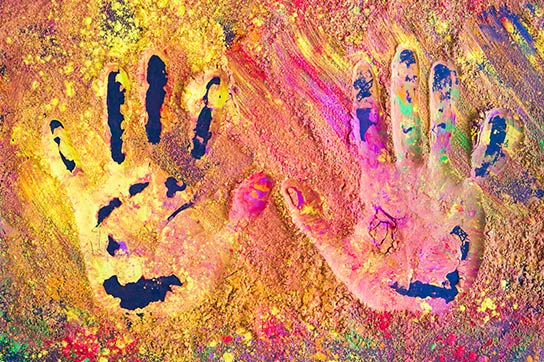According to the 2012 US Census, 25% of Americans are first – or second-generation immigrants. With that statistic, it’s likely that many Americans identify with at least two cultures. This is the case for many Asian Americans, and one common psychological difficulty experienced by this particular population group is the stress of having to balance between two cultural identities: the mainstream culture and their ethnic culture. For example, there’s a heavy emphasis on family and filial piety in many Asian cultures; however, the mainstream culture of the U.S. encourages individualism and personal independence. One way this difference in values could play out is when picking out a college to attend, choosing a career path, or even choosing a life partner. Should you make major life decisions based on what you want for yourself, or yield to your family’s preferences? The outcomes of these decisions could bring up feelings of guilt for going against your family’s wishes or feeling unhappy because you’re stuck in a situation that you don’t want to be in.
Another way that one’s cultural identity could affect their mental health is through marital conflicts due to differences in their cultural identity and their partner’s cultural identity. The differences can affect one’s parenting decisions or expectations of their partner’s roles in the relationship. Maybe your partner prefers to take part in more traditional gender roles while you may want to engage in more progressive roles in your relationship. What do you do to reconcile these differences? One little tip: communication is key! Understanding one another’s positions and finding a compromise before making a big commitment like marriage or having children is often the best way to go before moving forward.
If you find yourself in this situation, grappling between cultural and family expectations, and you feel lost or frustrated, therapy could be a really helpful space to explore these issues! Talking it out in therapy can help you explore your cultural identity, help you recognize the values that are important to you, understand the ways that it impacts how you relate to others and the world, and find workable ways to navigate these struggles.
If this situation has caused you to feel depressed, contact us for a free consultation for depression therapy.


